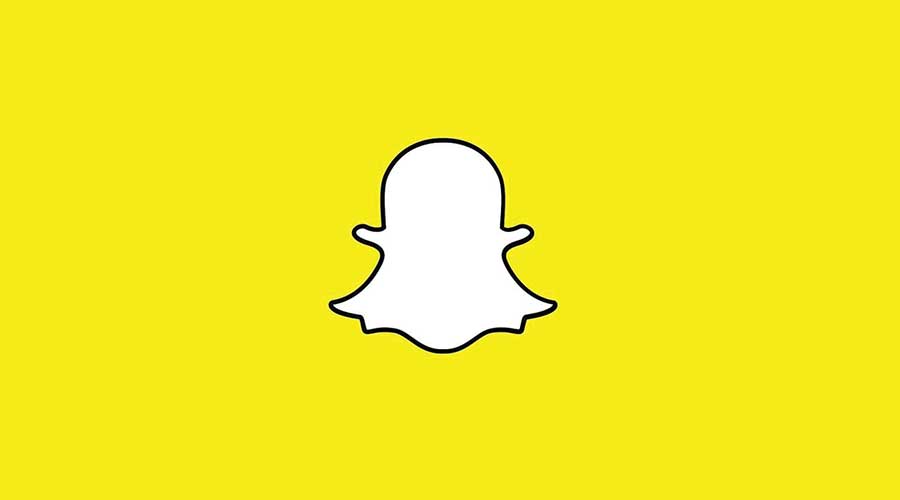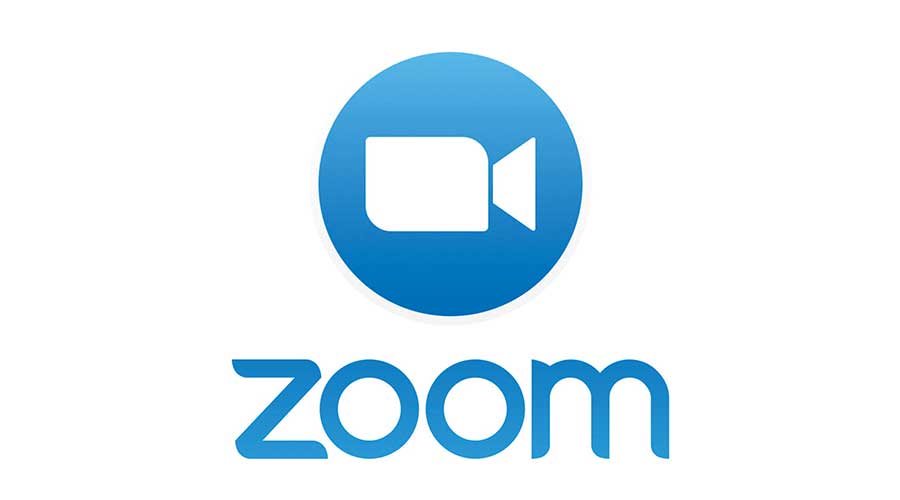MICROSOFT TEAMS NOW LETS SMALL BUSINESSES CHARGE FOR WEBINARS AND MORE
- 23 Mar - 29 Mar, 2024

Hundreds of posts spreading misinformation about Covid-19 are being left online, according to a report from the Center for Countering Digital Hate. Some 649 posts were reported to Facebook and Twitter, including false cures, anti-vaccination propaganda and conspiracy theories around 5G. 90 per cent remained visible online afterwards without any warnings attached, the report suggests. Facebook said the sample was "not representative". A spokesperson for Facebook said; "We are taking aggressive steps to remove harmful misinformation from our platforms and have removed hundreds of thousands of these posts, including claims about false cures. During March and April we placed warning labels on around 90 million pieces of content related to Covid-19 and these labels stopped people viewing the original content 95 per cent of the time. We will notify anyone who has liked, shared or commented on posts related to Covid-19 that we've since removed."

The firm said it would "not amplify voices that incite racial violence and injustice". The decision follows Mr Trump saying that "vicious dogs" and "ominous weapons" would have been used on protesters if they had breached the White House fence. It follows Twitter's decision to hide some of the president's posts. Snapchat's parent company Snap said: "Racial violence and injustice have no place in our society and we stand together with all who seek peace, love, equality, and justice in America." The move is likely to feed into tensions between the White House and social media, which escalated when Twitter added fact-checking tags to some of the President's tweets two weeks ago.

Video conferencing app Zoom has this week reported its latest earnings results, recording massive increases in both usage and revenue, as businesses seek alternative connection options amid the COVID-19 lockdowns. Zoom's revenue was up 169 per cent year-over-year, with usage up 354 per cent. Zoom's systems were also found to be exposing user data to various security risks - so much so that the FBI issued a warning about potential exposure to outside elements. That prompted Zoom to revise its security structure, implementing end-to-end encryption, and adding new security expertise to beef up its user protections. But now, Zoom says that not everyone will be able to access these increased measures. As per Bloomberg:"Corporate clients will get access to Zoom’s end-to-end encryption service now being developed, but Yuan said free users won’t enjoy that level of privacy, which makes it impossible for third parties to decipher communications."
COMMENTS